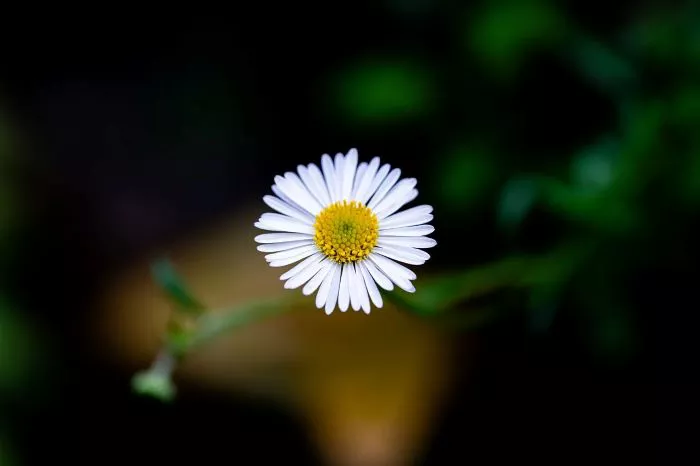The daisy is a flower that holds a special place in the hearts of many people around the world. Its simple beauty and cheerful appearance make it a popular choice for gardens, bouquets, and floral arrangements. Beyond its aesthetic appeal, the daisy carries rich meanings and symbolism that have evolved over centuries. This article explores the meanings associated with the daisy flower, its cultural significance, and its role in various traditions.
Symbolism of Innocence and Purity
One of the most common meanings associated with the daisy is innocence and purity. The flower’s delicate white petals and bright yellow center evoke feelings of freshness and simplicity. In many cultures, daisies are seen as symbols of new beginnings, making them popular choices for celebrations such as weddings and christenings. Their unpretentious nature embodies the idea of purity and sincerity, making them ideal for expressing heartfelt emotions.
Love and Affection
Daisies also symbolize love and affection. The phrase “he loves me, he loves me not” is often associated with daisies, reflecting their connection to romantic themes. This game, where a person plucks the petals of a daisy to determine the affection of a loved one, highlights the flower’s role in matters of the heart. In this context, daisies represent the hopes and uncertainties of love, making them a popular gift between romantic partners.
Childhood and Playfulness
The daisy is often linked to childhood and playfulness. Its simple structure and bright colors evoke memories of carefree days spent in nature. In many cultures, daisies are associated with youthful innocence and joy. This connection to childhood makes daisies a popular choice for children’s gardens and decorations. They symbolize the beauty of nature and the simplicity of life, reminding us to appreciate the small things.
Cultural Significance
Throughout history, daisies have appeared in various cultural contexts. In Norse mythology, the daisy was associated with the goddess Freya, who represented love and beauty. The flower was believed to bring joy and happiness, making it a cherished symbol in ancient cultures. In addition, daisies have been used in traditional medicine for their potential healing properties. The leaves and flowers have been used in herbal remedies for their anti-inflammatory and soothing effects.
In literature and art, daisies often symbolize innocence and purity. They have been featured in poems, paintings, and songs, representing the beauty of nature and the simplicity of life. Artists and writers have used daisies to convey messages of hope, love, and renewal.
Daisies in Modern Context
In modern times, daisies continue to hold significance in various contexts. They are commonly used in floral arrangements for weddings, birthdays, and other celebrations. Their cheerful appearance brings a sense of joy and brightness to any occasion. Daisies are also popular in gardening, often planted in borders and wildflower gardens to attract pollinators.
In addition to their aesthetic appeal, daisies are increasingly recognized for their ecological importance. They provide nectar and pollen for bees, butterflies, and other pollinators, contributing to the health of local ecosystems. By planting daisies in gardens, individuals can support biodiversity and promote a more sustainable environment.
Conclusion
The daisy flower carries deep meanings that resonate with people across cultures and generations. Its symbolism of innocence, purity, love, and childhood reflects the beauty of nature and the simplicity of life. Whether used in floral arrangements, gardens, or as a symbol of affection, daisies continue to inspire joy and appreciation for the natural world. Understanding the meanings associated with daisies allows us to appreciate their role in our lives and the messages they convey.


